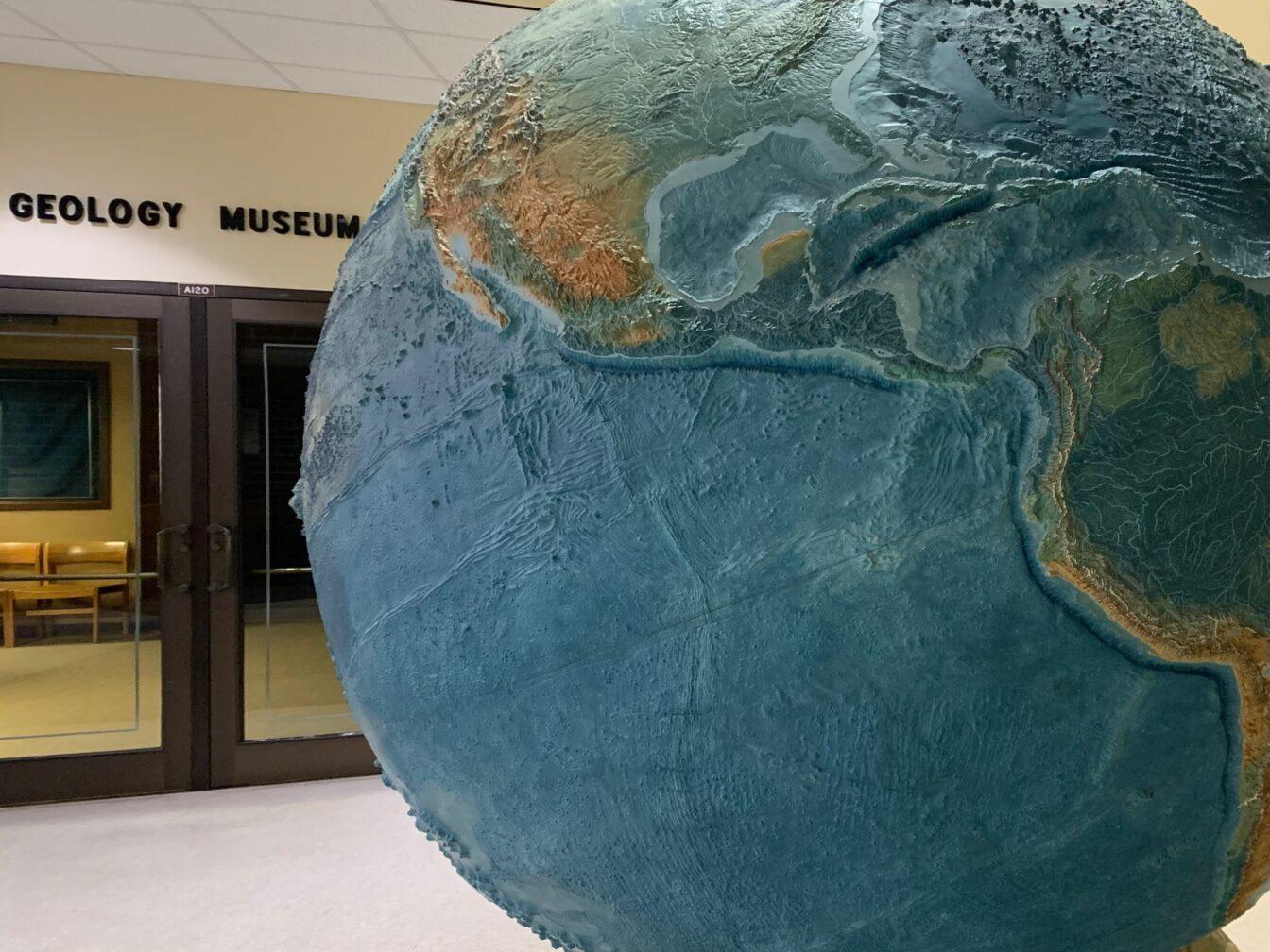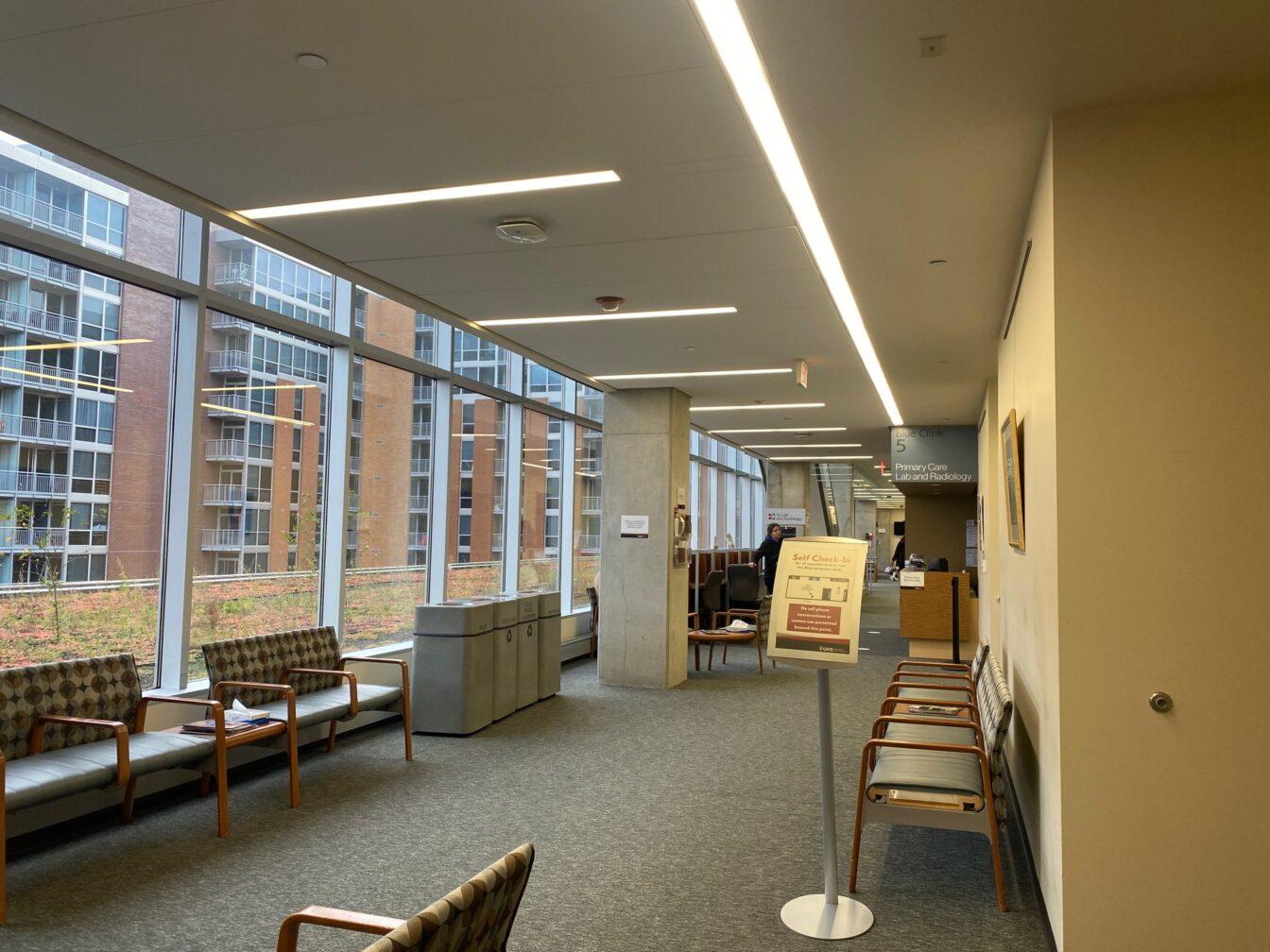Biotechnology extension specialist Tom Zinnen hosted a seminar on the Xenos Paradox and the future of science outreach Wednesday as part of the University of Wisconsin’s Wednesday Nite @ the Lab.
Zinnen said the name “Xenos Paradox” was inspired by the Zeno’s paradox. Zeno’s paradoxes of motion states for motion to occur, an object must change the space in which it occupies.
Zinnen said the Greek word “xenos” can mean foreigner, visitor or guest, and this paradox examines how the science world can view the public when it comes to science outreach.
Preserving the game: UW football team, NFL form research partnership to study head injuries
UW is a land-grant university and provides a great case study to examine how research universities view and connect with the public as they move forward with their work, according to Zinnen.
According to the National Science Foundation, UW is ranked eighth in the nation in research and development funding. With a history of influential scientific research, specifically in agriculture, UW has the potential to set the stage for scientific outreach, according to Zinnen.
“We value what we measure, and we measure what we value,” Zinnen said.
Zinnen said there’s a need for behavioral research data to direct science outreach. Science outreach relies mostly on funding from cooperative extensions, the NSF, and gifts and endowments. The NSF considers psychology and social sciences as STEM fields and includes those research fields in funding considerations.
The pandemic showed there was a lack of knowledge of changing behaviors by conveying data. It is important to have data in order to put research to practice and to deliver scientific information to the public, according to Zinnen.
UW continues to work on how to best organize, fund and facilitate science outreach, according to Zinnen.
Zinnen said hospitality and venue are important in making science accessible, and this relates to the Xenos Paradox thinking about how UW treats and accommodates the general public with science outreach.
Hospitality and venue can impact whether the public feels like strangers, visitors or guests. People, places and programs contribute to the scope of science and its outreach, according to Zinnen. When people feel welcomed into these spaces and are able to easily access the information, they can engage more with science.













